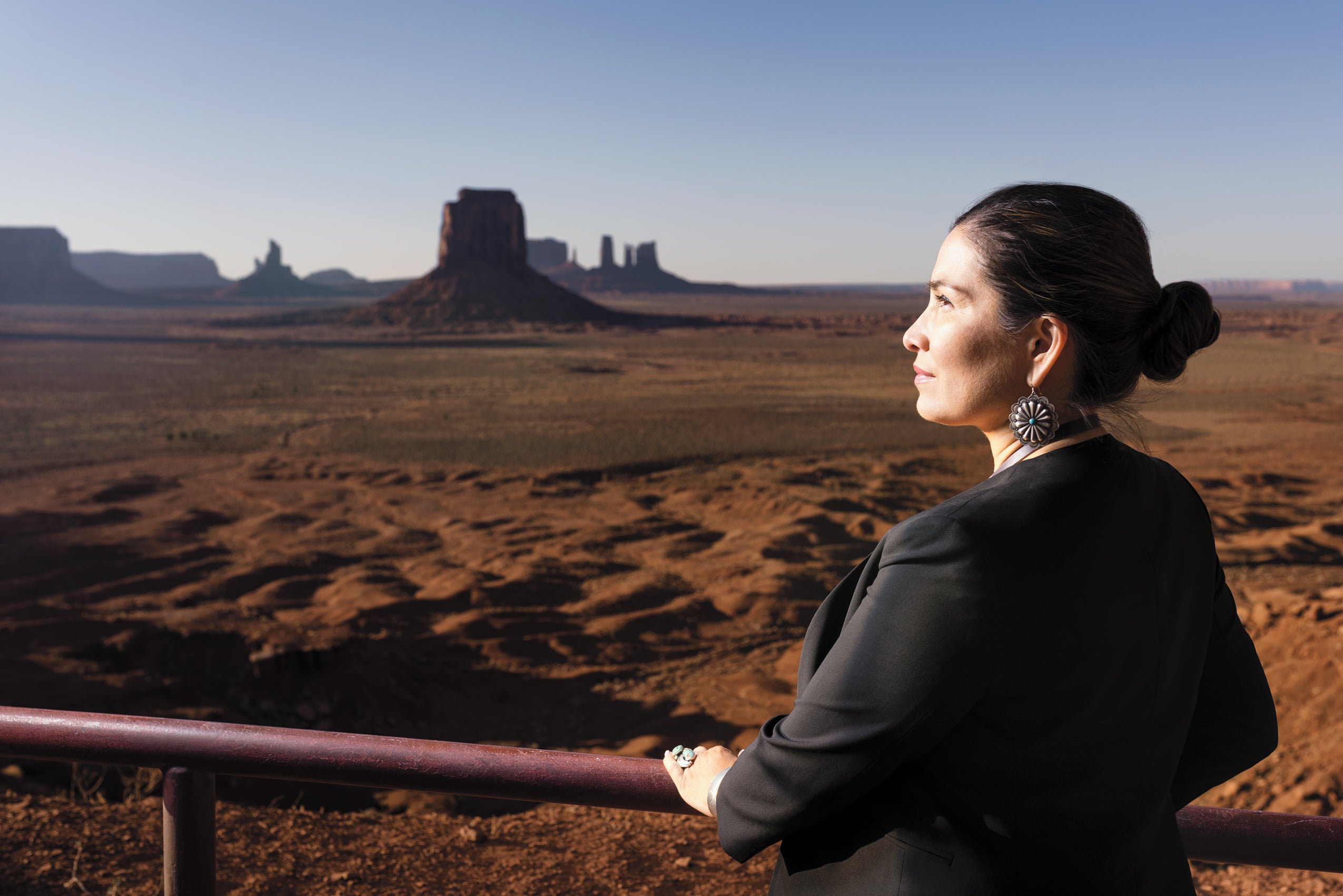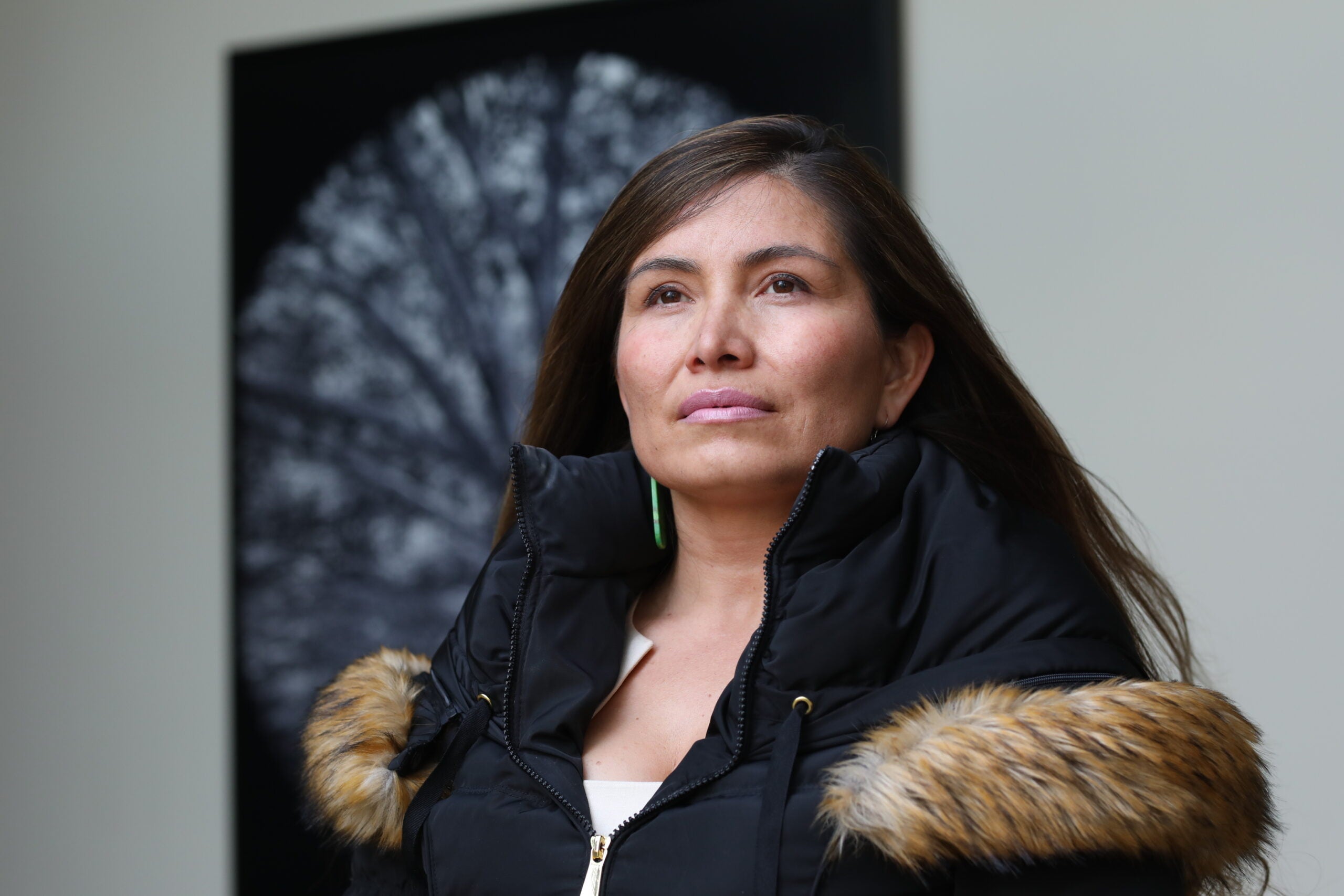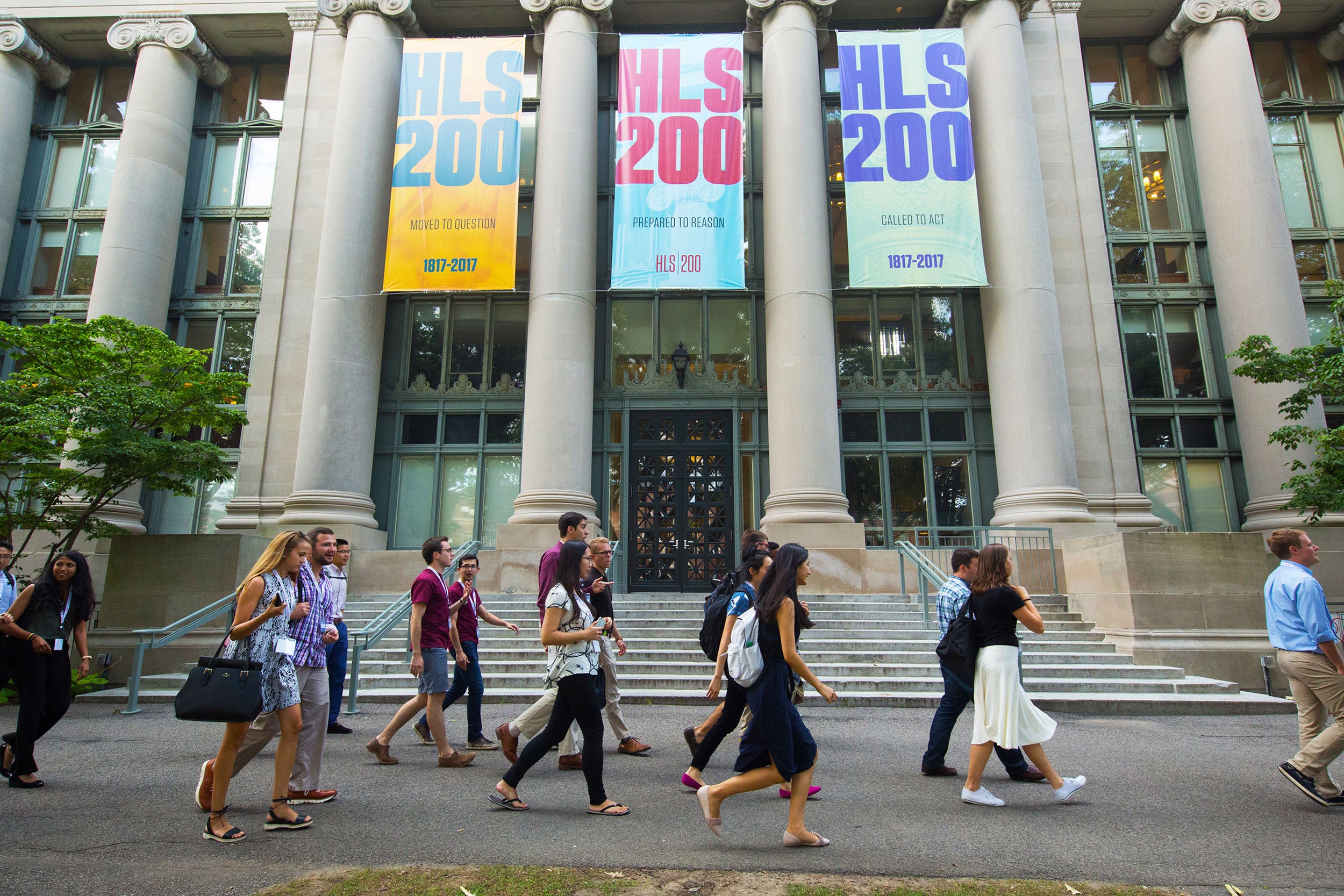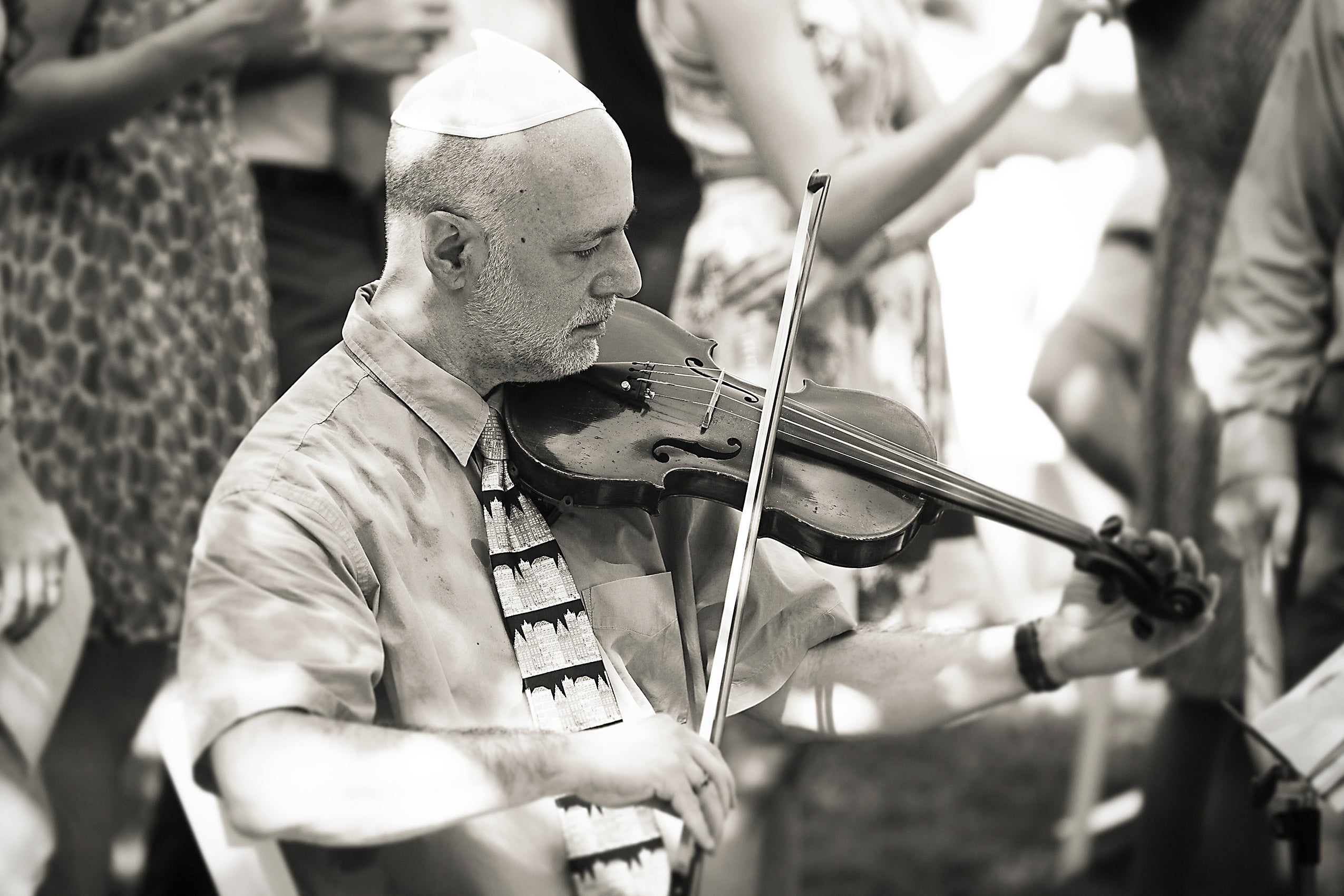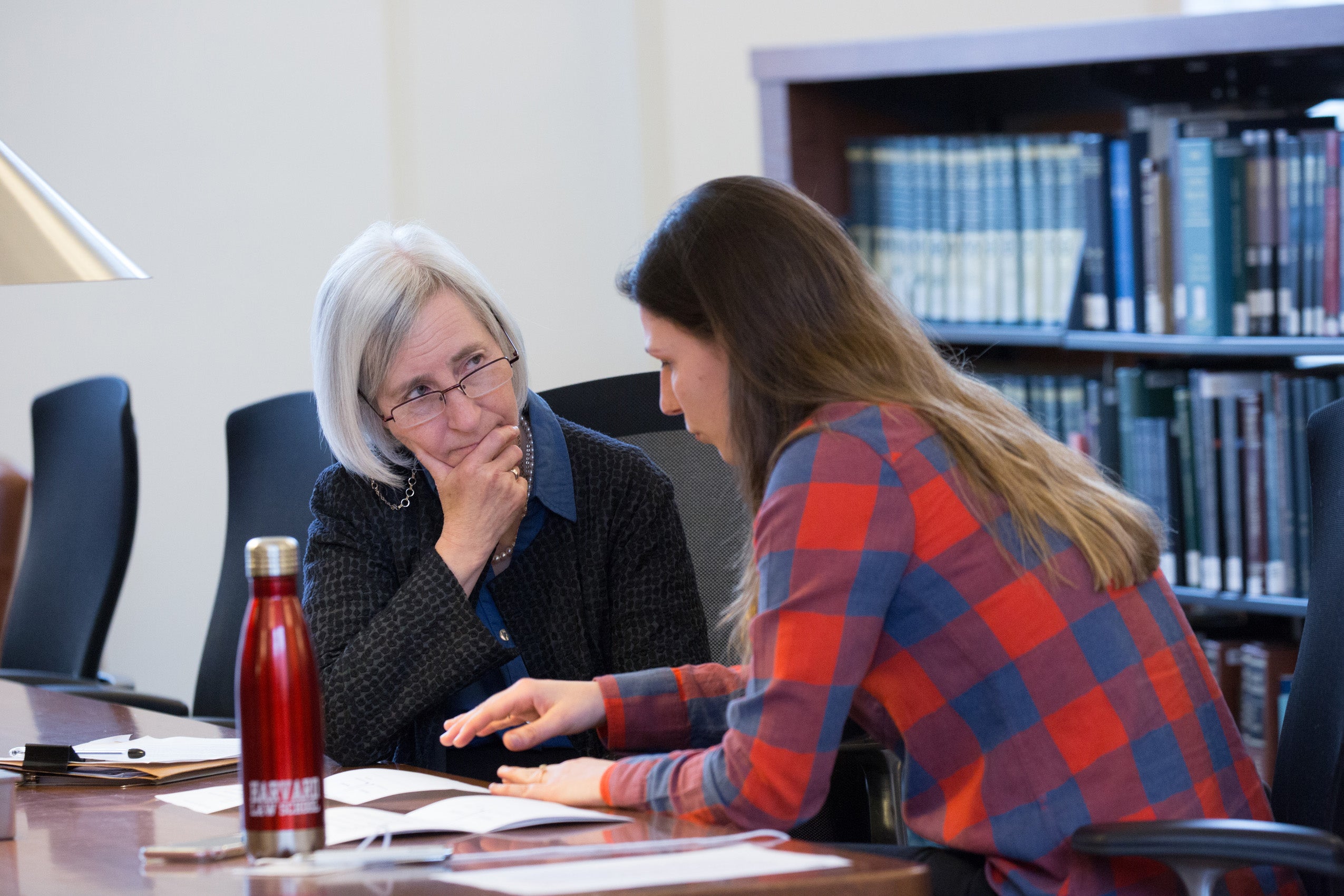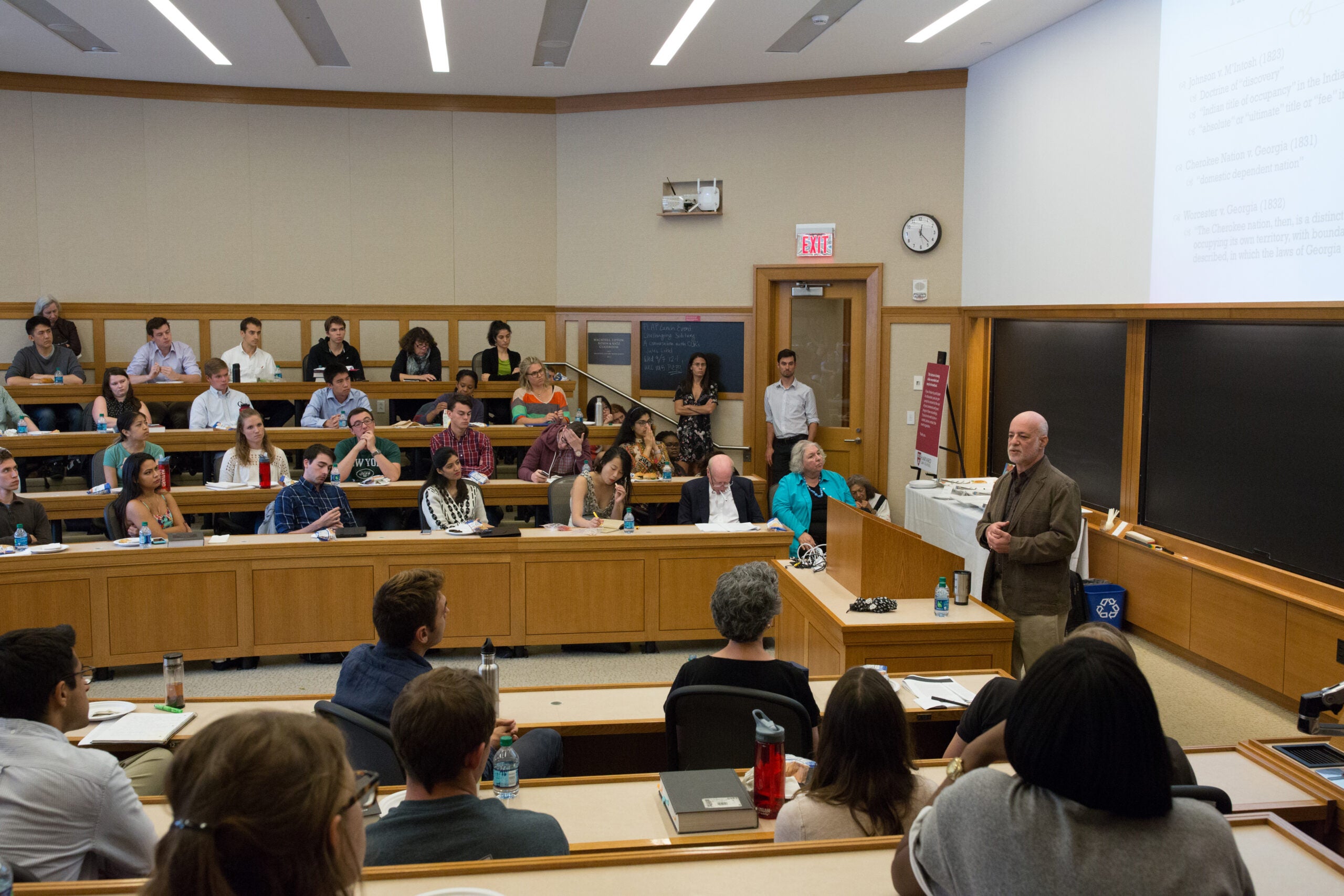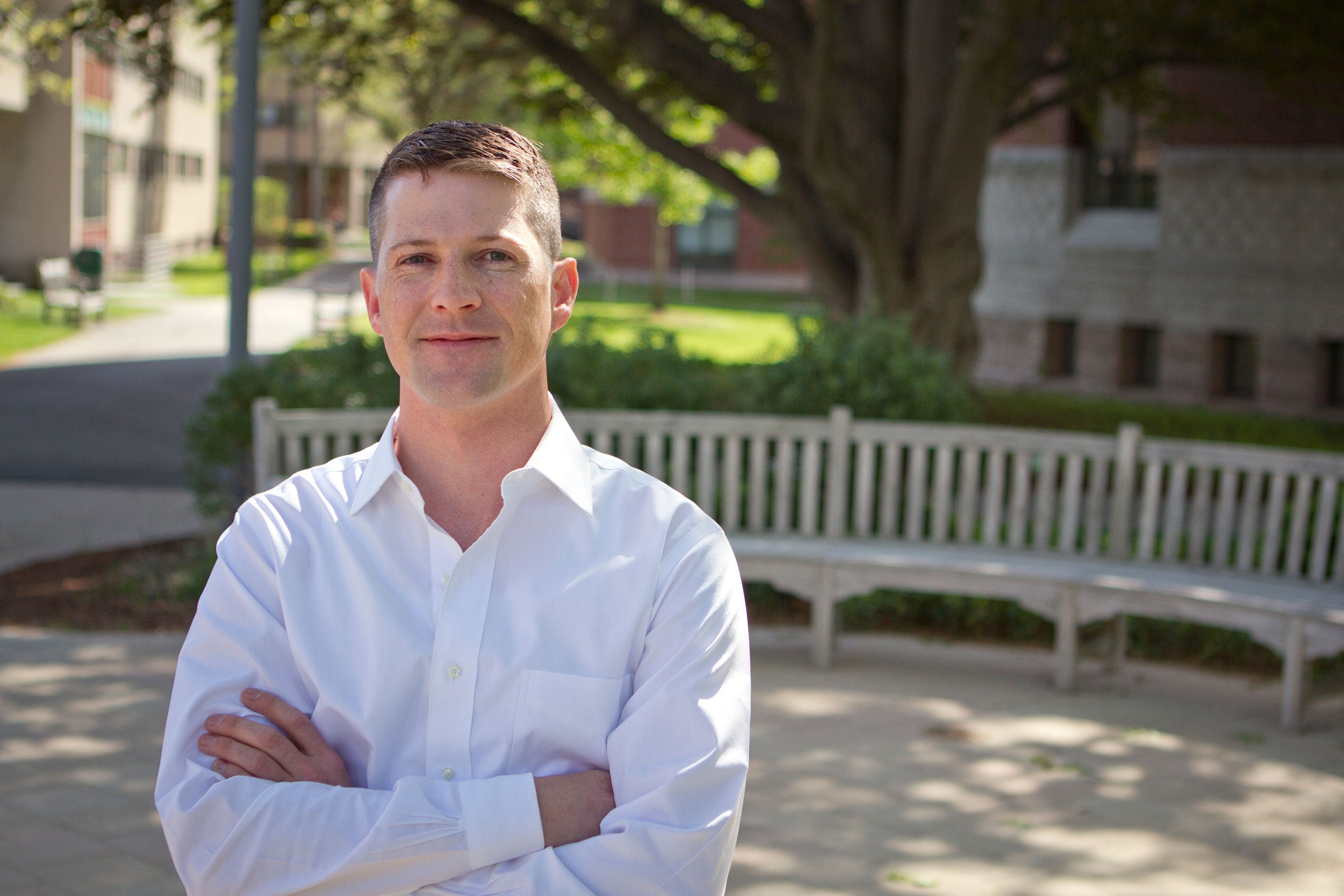People
Joseph Singer
-
For the Sake of Argument
July 23, 2020
Singer seeks to help lawyers and the general public make reasoned arguments, promote civil discourse, and consider alternative perspectives.
-
Coronavirus: Yes, businesses can kick you out for coughing. But there are some exceptions.
March 23, 2020
As millions of Americans shut their doors to the threat of coronavirus, those who venture out — whether to seek necessities or in ignorance of new guidelines — face a rapidly changing world. Businesses have shuttered or limited their hours. Health care facilities have changed their intake procedures. And places that do remain open have refused service to customers for reasons that just weeks ago would have seemed unreasonable: because they wore scrubs, talked about recent travel abroad or had a coughing fit. Scores of affected Americans have taken to social media to complain, with some even asking whether it’s legal for businesses to boot coughing customers. The short answer to that question is, yes...Under the Civil Rights Act, a business can’t deny goods or services based on race, color, religion, or national origin. Under current circumstances, that means a business can’t deny service to a customer from a specific country, even if it’s seen an uptick in coronavirus cases. The same goes for people with impairments, who are guaranteed accommodations under the Americans with Disabilities Act. But the law does not require businesses to serve those who pose “a direct threat to the health and safety of others,” said Joseph Singer, a law professor at Harvard Law School. Nor does a coronavirus diagnosis qualify as a disability under the law, added Stacey Lee, a business law expert at Johns Hopkins University.
-
In Their Own Words
January 29, 2019
From algorithmic price discrimination to intellectual property and human rights to Indian Nations and the Constitution
-
Roughly two dozen Harvard Law School professors have signed a New York Times editorial arguing that the United States Senate should not confirm Judge Brett M. Kavanaugh as an Associate Justice of the Supreme Court. Harvard affiliates — including former Law School Dean Martha L. Minow and Laurence Tribe — joined more than 1,000 law professors across the country in signing the editorial, published online Wednesday. The professors wrote that Kavanaugh displayed a lack of “impartiality and judicial temperament requisite to sit on the highest court of our land” in the heated testimony he gave during a nationally televised hearing held Sept. 27 in front of the Senate Judiciary Committee....As of late Wednesday, the letter had been signed by the following: Sabi Ardalan, Christopher T. Bavitz, Elizabeth Bartholet, Christine Desan, Susan H. Farbstein, Nancy Gertner, Robert Greenwald, Michael Gregory, Janet Halley, Jon Hanson, Adriaan Lanni, Bruce H. Mann, Frank Michelman, Martha Minow, Robert H. Mnookin, Intisar Rabb, Daphna Renan, David L. Shapiro, Joseph William Singer, Carol S. Steiker, Matthew C. Stephenson, Laurence Tribe, Lucie White, Alex Whiting, Jonathan Zittrain
-
Branch Returns to Her Navajo Roots
June 26, 2018
As attorney general of the Navajo Nation, Ethel Branch ’08 aims to strengthen tribal law and native voices.
-
Branch returns to her Navajo roots
March 5, 2018
Ethel Branch ’08 grew up on her family’s ranch with no electricity, no running water, and a long list of questions about injustice. As she grew up, Branch knew she had to address these questions. “That confusion as to why the world changed when you crossed the Navajo Nation boundary line was a driving question for my youth and my life,” says Branch. It propelled her to study law and policy. And three years ago, at age 36, it led her to become Attorney General of the Navajo Nation.
-
A welcome 200 years in the making
September 7, 2017
Last week, HLS welcomed a new class of J.D., LL.M. and S.J.D. students to campus. Orientation included an ice cream social, section photos and a visit from U.S. Supreme Court Justice Elena Kagan ’86.
-
Joseph Singer: ‘Some things are beyond words’
August 25, 2017
On Sept. 15, 2017, Professor Joseph Singer ’81 was among the artists who showcased their talents during an evening of performances at HLS in the Arts, one of several events that celebrated the 200th anniversary of the founding of Harvard Law School.
-
Connecting beyond the classroom
April 21, 2017
More than 60 Harvard Law students and 27 HLS faculty members took over the typically quiet tables of the library reading room for the first “Notes and Comment” event.
-
‘Baggage’ claims Gish Jen
April 5, 2017
Gish Jen has made a literary career in part from writing about the experiences of Chinese-Americans. During a lunchtime talk at Harvard Law School (HLS), she discussed her latest book, “The Girl at the Baggage Claim: Explaining the East-West Culture Gap,” making the case for the sociological and cultural patterns that influence many aspects of identity...Jen got support for her theory during her March 29 talk from a small panel of speakers that included HLS Assistant Professor Mark Wu and Joseph William Singer, Bussey Professor of Law, who gave many pit-versus-flexi examples in business, mental health, and family.
-
Diversity and U.S. Legal History
December 7, 2016
During the fall 2016 semester, a group of leading scholars came together at Harvard Law School for the lecture series, "Diversity and US Legal History," which was sponsored by Dean Martha Minow and organized by Professor Mark Tushnet, who also designed a reading group to complement the lectures.
-
Four Mass. churches sue over new transgender law
October 12, 2016
Four Massachusetts churches contend in a federal lawsuit that a new state law could force them to allow transgender people to use the church bathrooms, changing rooms, and shower facilities of their choice, violating the plaintiffs’ constitutional right to freely practice their religion...Joseph Singer, a professor at Harvard Law School, said the suit presents “a really interesting, hard issue.” Churches that hold spaghetti dinners may be thinking about converting members of the public, “but if they really are inviting anyone in the public to come in, without any religious test, then it looks like it’s not really a religious thing. “The courts then have to figure out,” he continued, “how do they draw a line between what seems more secular-oriented, open to the public ... versus having something that’s more central to their religious mission.”
-
Law School Launches Series on Diversity
September 8, 2016
After a year that saw Harvard Law School embroiled in debates over race and diversity, Law School Dean Martha L. Minow has launched a new lecture series entitled “Diversity and U.S. Legal History.” The 10-week series, which kicked off Wednesday, is a joint effort on the part of the Dean’s office and Law School professor Mark Tushnet’s reading group, which bears the same title as the series....The lecturers—who include Law School professors Randall L. Kennedy, Tomiko Brown-Nagin, Annette Gordon-Reed, Michael Klarman, and Kenneth W. Mack, Divinity School professor Diana L. Eck—will discuss topics ranging from race in American history, to challenges facing Latinos, the originalist case for reparations, and religious pluralism...Law School professor Joseph William Singer delivered the first talk—“567 Nations: The History of Federal Indian Law”—to a crowded room Wednesday in the school’s student center. Singer recounted the development of colonial and United States law regarding Native Americans from the 18th century to the present, arguing that certain judicial rulings or government actions were unconstitutional.
-
Forging A Path for Native American Studies
May 6, 2016
...Though offerings in Native American studies at Harvard are few and far between, a small number of committed students and faculty are dedicated to maximizing the resources available to them, and hope to see more opportunities in the future...Native American studies at Harvard Law School has a larger presence compared to other schools at the University. Lowe cited the establishment of the Oneida Indian Nation Visiting Professor of Law position as an example of a positive development towards increasing Native American studies faculty. The visiting position, endowed by the Oneida Nation, a federally recognized tribe headquartered in New York, is currently filled by Robert T. Anderson, who is serving two consecutive five-year appointments as the Oneida Chair. Anderson said he thinks there is enough student interest in American Indian Law to fill more classes than are currently offered in the field. “Students are very interested [in American Indian Law] because it’s a very high-level student body as you would expect at Harvard, and many of the students are going on to prestigious federal and state clerkships where they’re encountering these issues,” he said. In addition to the Oneida professorship, professor Joseph W. Singer has developed an American Indian Law problem for a mandatory “Problem Solving Workshop” required for every first-year Law student. He also leads a reading group on American Indian Law. Additionally, the Law School runs a Native Amicus Briefing Project, which recruits students partly to keep track of cases of federal Indian law and ultimately provide amicus briefs to the cases.
-
Regulation Is Just Another Word for Law
November 10, 2015
An op-ed by Joseph Singer. Americans are skeptical about regulation. But when we read the news about faulty ignition switches and falsified environmental equipment, we see that the temptation to make short-term profits may blind us to the harms we cause. And it is for that reason, above all, that government needs to do the regulating...We make these choices through law — and that means regulation. Neither free markets nor private property exist without regulation. The question is not whether to regulate. The question is how to regulate.
-
Freedom Is Just Another Word for … Regulation
October 5, 2015
Property law expert Joseph Singer argues that regulations make markets and property possible and promotes conservatives values. Regulations are needed to protect us from harm and fraudulent actions by others, to ensure that people can acquire property, and to allow all of us to exercise equal freedoms, he writes
-
... William & Mary Law School will host the "12th Annual Brigham-Kanner Property Rights Conference" on Oct. 2. Topics to be addressed at the event include property as a form of governance; civil forfeiture of property; pipelines, drilling and the use of eminent domain; and property rights in the digital age, according to a news release. During the conference, the William & Mary Property Rights Project will recognize Joseph William Singer, of Harvard Law School, with the 2015 Brigham-Kanner Property Rights Prize. The prize, named in honor of the lifetime contributions to property rights of Toby Prince Brigham and Gideon Kanner, is presented annually to a scholar, practitioner or jurist whose work affirms the fundamental importance of property rights, according to the release.
-
Closing argument: Sean Morrison ’15, merging a passion for tax law and a penchant for politics
May 26, 2015
Growing up in Montana with a mother who owned a horse farm, Sean Morrison ’15 found his tax attorney father’s line of work a bit dull by comparison. So Morrison is a little surprised to find himself, years later, graduating from law school with the intent to specialize in tax law and policy.




